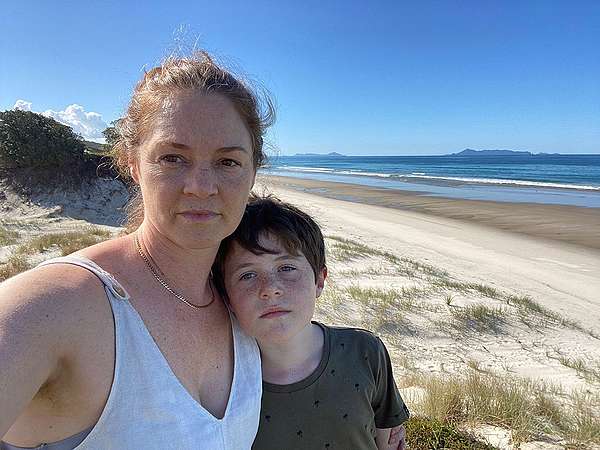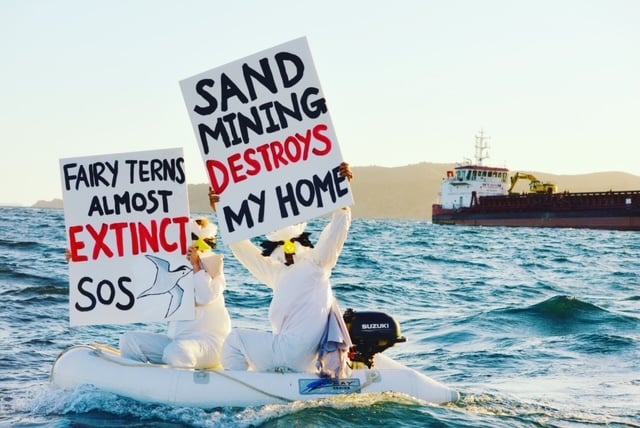
35 years ago my mum was on a mission to plant pohutukawa trees at Pakiri beach, a peaceful spot two hours north of Auckland. She dreamed of having her mokopuna sit under their cool branches sheltering from the heat and loved the idea that the trees would be there long after she was gone.
She would carefully plant the seedlings deep into the protecting arms of the giant sand dunes – 20ft back from the edge. For years she would carry buckets of fresh water to the beach and carefully tend to them. Being on an exposed beach they never really thrived, but they are still alive … just.
Today I visit the pohutukawa with her and the roles have been reversed – the mighty sand dune is no more. The scrubby battler of a pohutukawa can be seen still but now its roots are exposed and its holding on with all its might to the last of that king dune. My mum looks sadly on “I don’t think that tree is going to survive much longer, it looks like I will outlive the tree now”.
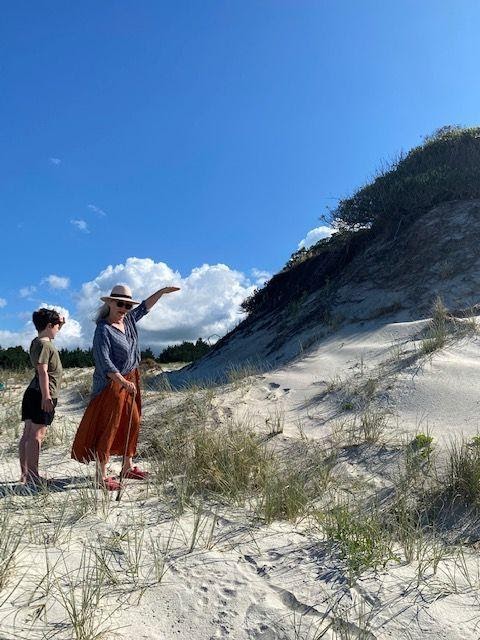
The dunes are disappearing due to the extensive sand mining that has happened, and is happening, in the area. In my lifetime I have seen this pristine white sand beach turn to brown – now, even rocks are becoming exposed. I have seen a beach teeming full of life with shells, birds and bundles of seaweed – the beach is bare now. The precious beach ecosystem is screaming and we need to start listening now, and fast.
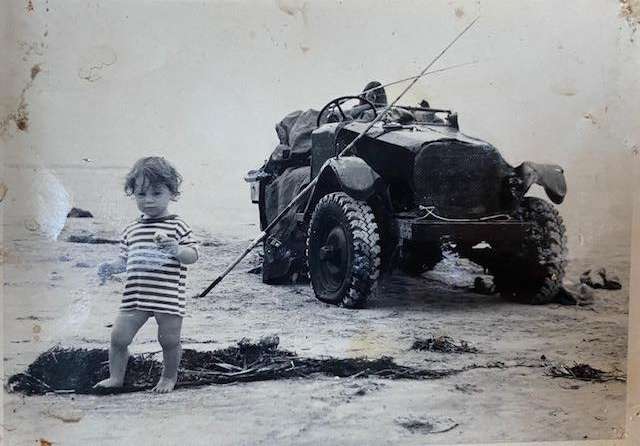
Pakiri is a national treasure, it’s one of a few indigenous territories remaining in the Auckland region continuously occupied, so one of last remnants of Māori-owned whenua from the descendants of the great chief Te Kiri.
It’s also home to the endangered Fairy Tern that nests in the sand dunes – there are now only 40 of these left until they become extinct.
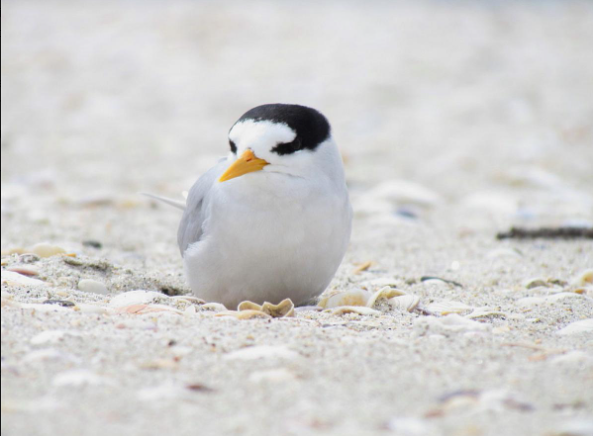
Pakiri has been mined for 100 years – it’s the largest single nearshore sand mining activity in the developed world (different from offshore, deepsea mining). The white sand at this embayment is unlike other beaches – it’s a closed circuit, it came from when the Waikato river flowed to this area of the North Island before volcano eruptions changed the flow to the firth of the Thames – so once its gone its not coming back.
While it’s been happening all my life, I still feel shocked that a sand supply company, McCallum Brothers, are seeking council permission to extract vast amounts more sand off the waters of Mangawhai and Pakiri in locations closer to shore. If the council grants permission we will see close to 9 million cubic meters removed over a period of 35 years – the equivalent of 300,000 20ft containers.
McCallum Bothers is a New Zealand company, but this is big business, – an economist has estimated this would be maybe a billion dollar contract.
McCallum Brothers recently got a new boat that can suck and hold twice the amount of sand. The ship operators visit the beach when it’s dark, they even bring their old boats too now. We live near the beach and hear this at night, a constant, ominous, mechanical boom. We feel the shudder on the beach of their sucking machines.
Even now, the council doesn’t properly monitor the amount of sand McCallum is taking – it’s run like a honesty box with this beach. From seeing how quickly the beach is changing now it suggests they are taking a lot more than we think. Every time I visit I brace myself to see how much more has been taken from the beach- it’s eroding so very quickly now.
There are alternatives – new technologies for sand creation are coming on stream and at Kaipara they actually have too much sand in their harbour. But the west coast waters are not as calm as this embayment – moving there would eat into the corporate bottom line. Sand mafia is alive and well in the world – it’s now a global issue.
The sense of urgency I have about this is overwhelming – we have till the 10th December for people to rally together to put in opposing submissions to Auckland Council for these two new consent applications.
If enough of us come together now we can show the public opposition to the sand mining, and save the sands for future generations of both mokopuna and pohutukawa.
Pakiri is a small community and Save Our Sands (SOS) is a community group who have been fighting this for decades. Again we are confronted with a massive new fight and it’s time to blow the whistle on this, once and for all.
Join us. Take a moment to add your name to the petition, if you have five minutes make a submission (here and here), and share this story with friends and whānau.
Add your name: Mangawhai Pakiri Save Our Sands
